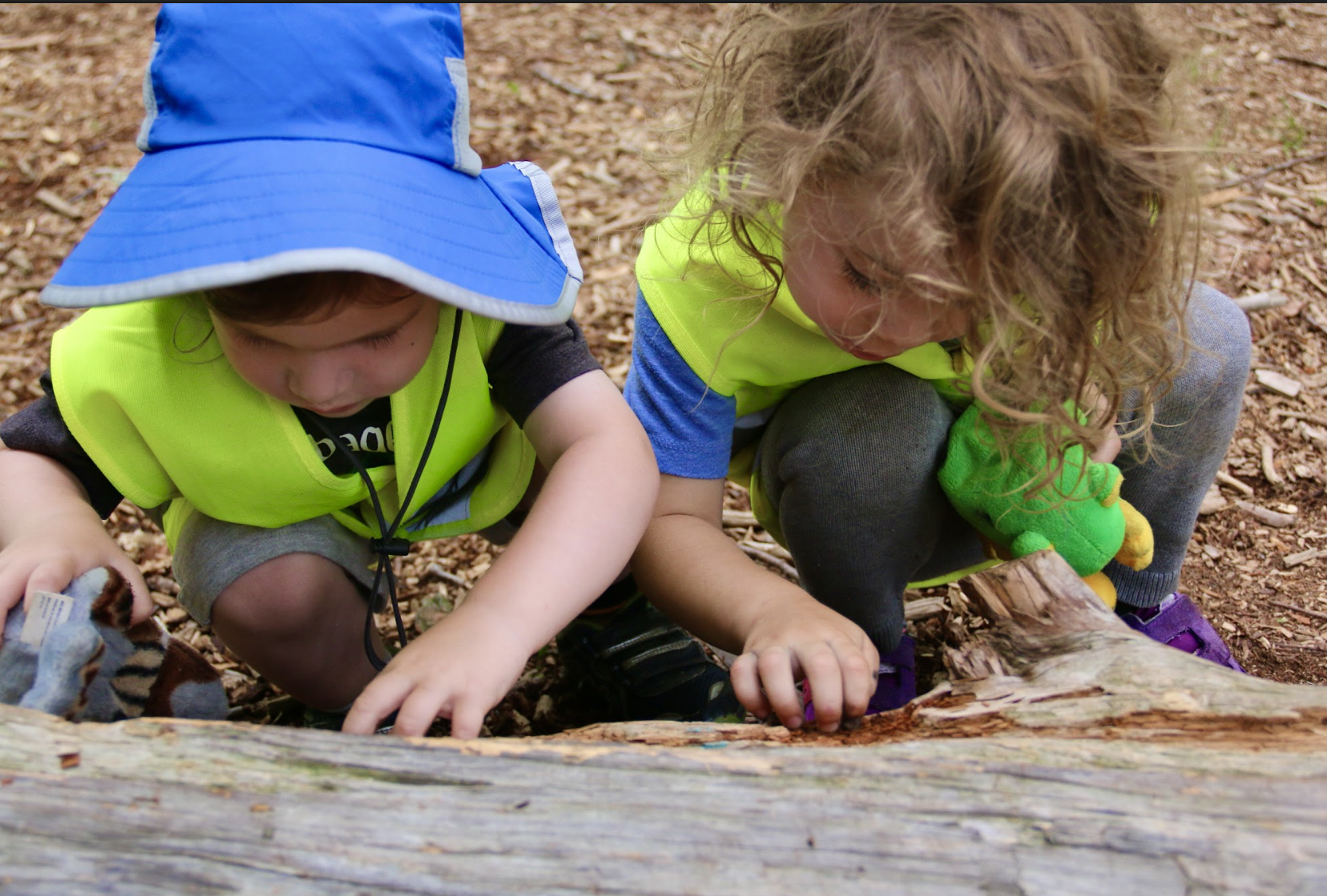
The Power of
Play-Based Learning
Articles and Current Research on the Benefits of Play-Based and Outdoor Learning
-
For Young Kids, The Power of Play-Based Learning
Edutopia
George Lucas Educational Foundation -
Prioritizing Play: The Importance of Play-based Learning in Early Education
Institute of Education Sciences
U.S. Department of Education -
To Really Learn, Our Children Need the Power of Play
The Wall Street Journal
-
Twenty-six studies point to more play for young children
The Hechinger Report
-
The Importance of Play in Promoting Healthy Child Development and Maintaining Strong Parent-Child Bonds
American Academy of Pediatrics
-
Why So Many Kids Can't Sit Still in School Today
Washington Post
-
School’s Out: Lessons from a Forest Kindergarten
Thought-provoking film about public education in early childhood.
-
You Can't Bounce Off the Walls if There Are No Walls: Outdoor Schools Make Kids Happier--And Smarter
YES Magazine
-
Schools Beat Earlier Plagues With Outdoor Classes. We Should, Too
New York Times
-
The Perks of a Play-in-the-Mud Educational Philosophy
The Atlantic
-
Preschool Without Walls
New York Times
-
Running Free in Germany's Outdoor Preschools
NYTimes Style Magazine
BOPN in the News






